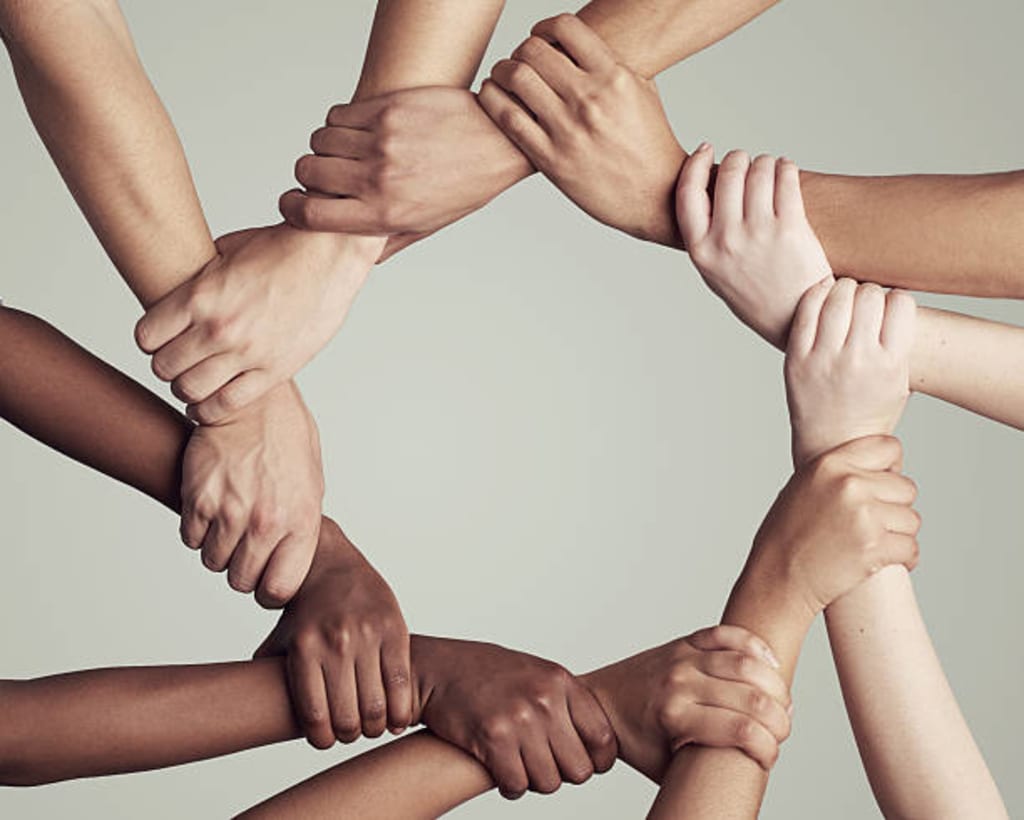
The story of black skin is long and complex, as it has played a significant role in human history and culture for thousands of years. Black skin is the result of melanin, a natural pigment produced by specialized skin cells called melanocytes. Melanin serves to protect the skin from the damaging effects of the sun's ultraviolet (UV) rays, and it is responsible for the range of skin colors we see in people around the world.
Black skin is most commonly found in people of African descent, although it can also be found in people from other parts of the world. In Africa, the variations in skin color are many and diverse, ranging from the darkest skin tones found in parts of central and western Africa to lighter skin tones found in regions such as East Africa and the Horn of Africa.
Throughout history, black skin has been the subject of much discrimination and prejudice, particularly in societies where lighter skin tones are valued. This discrimination has taken many forms, including slavery, segregation, and other forms of institutional racism. Despite these challenges, black people have made significant contributions to human society in many areas, including art, literature, music, science, and politics.
Today, there is a growing movement to celebrate and embrace the diversity of human skin colors and to reject the idea that one skin tone is superior to others. This movement has been fueled by the voices of activists and advocates who are calling for greater equality and justice for all people, regardless of their skin color. While the journey towards true equality and justice is ongoing, the story of black skin is one that continues to inspire and challenge us to do better as a society.

One of the most significant events in the story of black skin was the transatlantic slave trade, which began in the 15th century and lasted for more than 400 years. During this time, millions of Africans were forcibly taken from their homes and transported to the Americas to work as slaves on plantations and in other industries. The legacy of slavery has had a profound impact on the lives of black people in the Americas, and the effects of this system of oppression can still be seen today in the form of institutional racism, poverty, and social inequality.
Despite the many obstacles that black people have faced throughout history, they have made significant contributions to the world in many different areas. In the arts, black artists and writers have created some of the most influential works of the past century, including the music of jazz legends like Louis Armstrong and Ella Fitzgerald, the literature of writers like Toni Morrison and James Baldwin, and the visual art of painters like Jean-Michel Basquiat and Kara Walker.
In the sciences, black people have made important contributions to fields such as medicine, mathematics, and engineering. For example, the work of medical researchers like Charles Drew and Rebecca Lee Crumpler has helped to save countless lives, while the contributions of mathematicians like Katherine Johnson and Dorothy Vaughan were crucial to the success of the United States' space program in the 1960s.
In politics, black people have also played a crucial role in shaping the course of history. From civil rights activists like Martin Luther King Jr. and Malcolm X to political leaders like Nelson Mandela and Barack Obama, black people have fought for justice and equality in many different contexts and have helped to advance the cause of human rights around the world.
Today, the story of black skin continues to evolve, as people of all skin colors work to build a more just and equitable society. While there is still much work to be done, the contributions of black people to human history and culture are a testament to the resilience and creativity of the human spirit, and a reminder that we are all capable of making a positive difference in the world.
About the Creator
Mohan Ramu
"A movie review should not only reflect the reviewer's personal opinion, but should also consider the wider cultural and social implications of the film."
"A story is a way to say something that can't be said any other way."





Comments
There are no comments for this story
Be the first to respond and start the conversation.